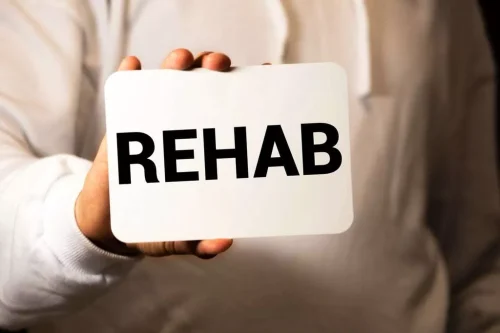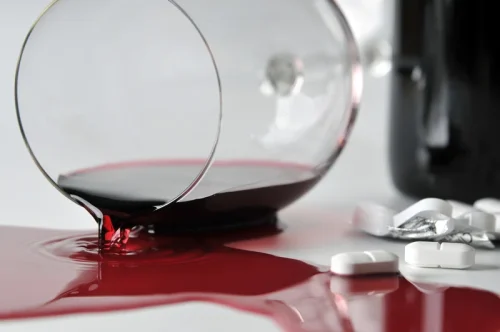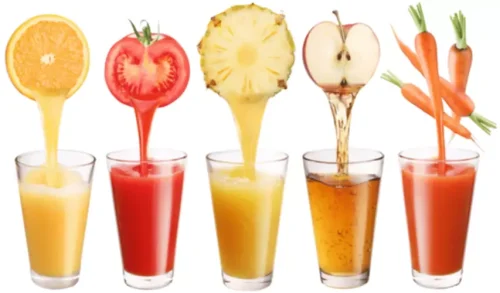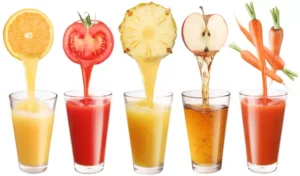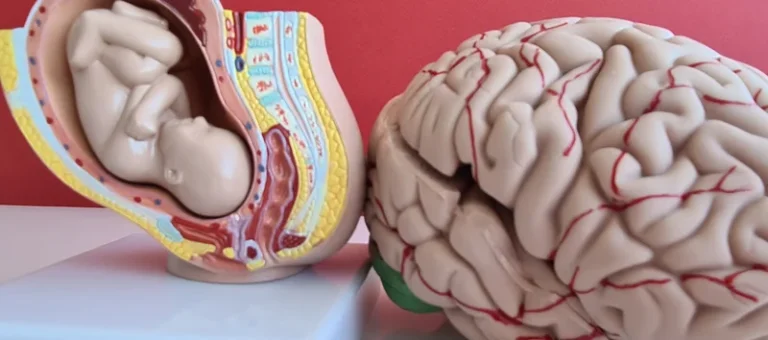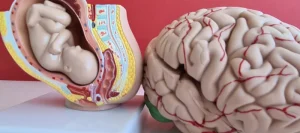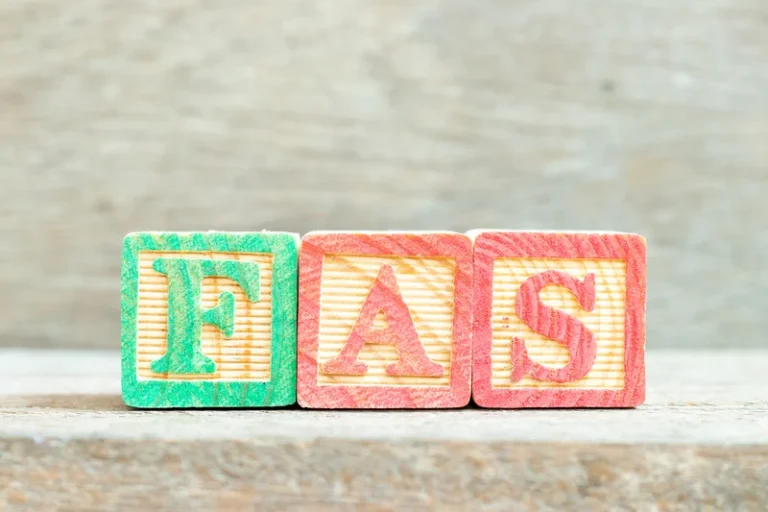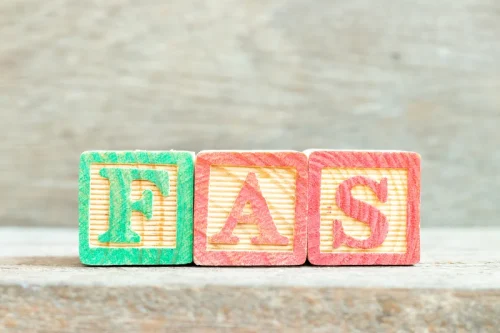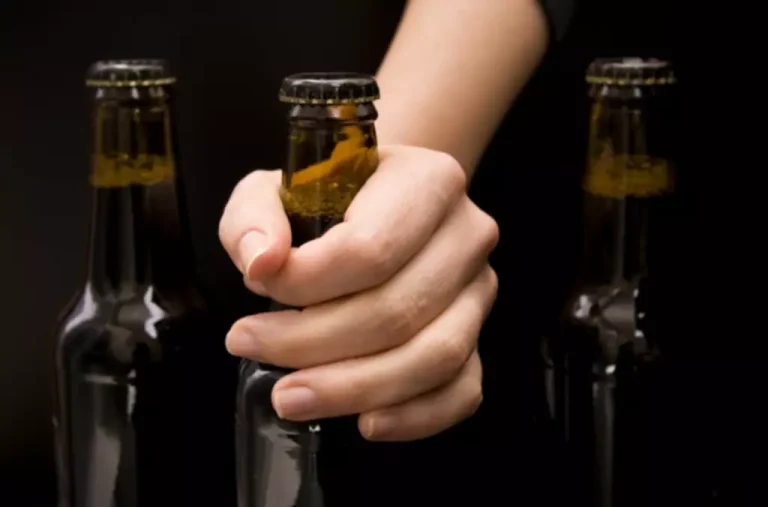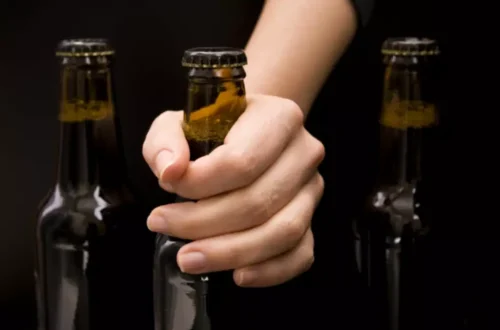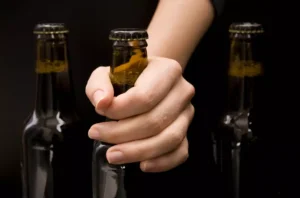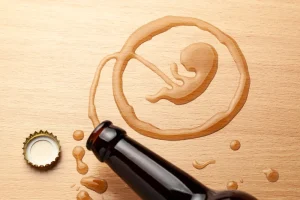This guide will explore addiction denial, why it happens, and how to break through it. If you recognize denial in others and you’d like to point it out, tread very carefully. Seek guidance from experts before taking on a situation that could be dangerous to you or to the other person. Those problems affect everyone in a family, and can lead to unhealthy patterns that get passed down from one generation to the next. The terms denial (or repression) can be defined as selective ignoring of information.
Signs your loved one is in denial
They might downplay the frequency and amount of alcohol they consume or make excuses for their behavior when confronted by loved ones. One of the most supportive things a friend, family member, or coworker can do for a high-functioning alcoholic is to acknowledge the alcohol problem and the need for an alcohol treatment program. Someone in the throes of an alcohol addiction may refuse to acknowledge the connection between their problems and drinking. Denial can become a sort of defense mechanism for them, allowing them to continue on this destructive path.
Reasons for denial in alcohol use disorder
What sets Gen Z apart is that this change appears to be more than a passing trend. As researchers in consumer behavior, we study the factors that influence and drive changes in consumer choices. Our expertise tells us that the rise of the “Lo/No” alcohol lifestyle reflects genuine change for Gen Z. Fitness isn’t a cure-all, but for those battling Alcohol Use Disorder, it can be a powerful ally. The benefits of regular exercise extend far beyond the physical, impacting our mental, emotional, and social well-being in profound ways.
Often a person has been contemplating abstinence for some time, yet couldn’t get sober on their own. Don’t consider your part done after your friend or family member is in therapy. Offer to help out with work, childcare, and household tasks if they get in the way of treatment sessions. Watching a family member, friend, or coworker with an alcohol use disorder can be difficult. You might wonder what you can do to change the situation, and whether or not the person even wants your help. Denial explains why drug use persists in the face of negative consequences (Pickard, 2016).
Lying Is a Characteristic of Alcoholism
- Reach out to the team at Mandala Healing Center to learn more about our holistic, empowering addiction treatment programs or to connect to support at any stage of your recovery journey.
- Being dishonest or lying about alcohol consumption is pretty common with alcoholism.
- Encourage them to seek help, whether through support groups, counseling, or recovery programs tailored for alcohol use disorder (AUD).
These meetings allow family members to persuade a loved one to seek help for addiction. When alcoholism affects a spouse or partner, it’s possible to become too wrapped up in their well-being. You may get to the point where Flakka-Induced Prolonged Psychosis PMC you feel compelled to help your person get well.
These support groups allow you to interact with people in similar situations. You can also learn strategies to alleviate stress and manage strains on your mental health. Tables 3 and 4 focus on 176 AUD offspring who were primarily European American, 40% of whom were women, 29% had ever been married, and individuals who reported on average 15 years of education. Sixty-two percent met interval criteria for alcohol dependence, they reported on average 11 maximum drinks per occasion and endorsed an average of four AUD criteria. One in five smoked cigarettes in the prior 5 years, 80% used cannabis, 19% had a cannabis use disorder, and 37% had used other illicit drugs, including 3% who developed a SUD on those substances. Comparisons of Groups 1 and 2 revealed that the 82% who were deniers were slightly younger and had lower proportions with alcohol dependence, lower average maximum drinks, and fewer AUD criteria endorsed compared to non-deniers.
No one wants to watch a loved one experience AUD or any other health condition. You can offer support to someone with AUD who is in denial and take steps to ensure you’re not enabling their drinking, but you can’t make them get help. However, many people with AUD use denial as a self-defense mechanism.
In my own personal experience, after hitting an emotional bottom there was 90% of my rational self that recognized I was alcoholic and 10% that did not. Only 10% was my denial, yet it had more influence over my thinking than the 90%. Today, when those denial thoughts crop up, I use them as reminders that even though I have always been high functioning, I really am an alcoholic. Societal and cultural factors can also play a role in an alcoholic’s denial.


